Educational Philosophy of Iqbal:
(1) Aim or Purposes of Education.
(2) Curriculum- Dr Iqbal suggested the following type of curriculum-
- Broad-based Curriculum- Dr Iqbal advocated system of education rich in its implication with broad-based curriculum so as to uphold national self-respect and international understanding. The spirit of tolerance and understanding is essential both for the development of a harmonious national pattern of living and ensuring peace and understanding in the world.
- Life-centred Curriculum- Besides broad-based curriculum, Dr Iqbal empahsized a life-centred, community-centred and realistic curriculum related to the needs and aspirations of the individuals and also reflecting the values, norms and demands of the society. He stressed subjects which sgould help the pupils to have all-round development of persoanlity- physical, intellectual, social, cultural, moral and spiritual.
Dr Iqbal recommended the study of the following subjects-
- Sciences- As sciences are instrument for the preseravtion of life, these should be taught with controlled faith in ethical principles. As new inventions and discoveries in the field of science and technology are taking place, Physics and Chemistry should be cosidered important.
- Morality and Religion-Dr Iqbal advocated the imparting of moral and religious education. He said, “religion has always elevated the individuals and transformed whole societies”. “Living nobly and adventurously in the name of the Lord” is the religion emphasized by Dr Iqbal. Education therefore, should impart religius education which help man to “understabd and appreciate modern, social, politcal, scientific or philosophical problems”.
- History- As Dr Iqbal realized the power of the past in the true understanding of the present, he gave a prominent place to the teaching of History and historical evolution.
- Study of Cultural Heritage- Dr Iqbal recommended the study of Cultural Heriatge as “the people can gain new vitality and inspiration by turning to the healthy sources of their past culture”.
- Political Science and Economics- Dr Iqbal recommended the study of Politcal Science and Economics.
- Urdu and Persian- Urdu and Persian languages shoul be taught in the school curriculum as Dr Iqbal believd that every Muslim child should know these languages in order to learn religious teachings.
- Creative Education and Guidance- Dr Iqbal recommended the study of Creative Education and Guidance.
(4) Education of Women- Dr Iqbal emphasized the need of education for women education. Equal opportunities should be provided to women. He stated that moral, spiritual and religious education should be imparted to women as they inculcate and develop higher values of life in the children. Women should know all the Islamic doctrines. The domination by men is condemned and liberation is advocated. The distinctive nature of society is formed by women. A woman is the incarnation of love and the emancipation of God. Thus we find that Dr Iqbal had a profound reverence for women. He wanted to give them a proper place in society.
(5) Action-Oriented Education and Search for Knowledge.
(6) Faith in Cultural Heritage- The individual must feed initially and culturally on the cultural heritage of his own group and people. In the development of the individual as well as the proper organization of education, the past culture of a country plays a very important part. An educated individual as Dr Iqbal believes “should be able to understand, appreciate, assimilate as well as critically assess the culture, and within the range of his capacities, help in its reconstruction”. If education has no foothold in psychology and the cultural heritage of the nation, it would be superficial and foredoomed to futility.
Iqbal would like to see the education of youth so patterned that they will be versed in their own way of life, the finest of their cultural values and also receptive to the best from the outside. Freedom is necessary to find sources of inspiration in their own special cultural patterns.
(7) Ethical Guidance and Illumination- With his high respect for knowledge and its crucial role in life, Iqbal is also aware of the dangers associated with modern over intellectualism. Knowledge, by itself, cannot bring peace or salvation or provide a soothing balm for man’s troubled heart. The primary function of knowledge is to doubt and question, to probe and enquire, to lead to adventure and quest. If there is nothing to give social purpose or ethical guidance, it can become- as it has indeed become in our age- a means of large scale exploitation and a possible source of cosmic destruction. All catastrophes that are not natural- like floods or earthquakes- are man-made. It is a man who often uses his great knowledge and wonderful efficiency for evil purposes. Iqbal’s stand is that intellect- particularly as reflected in science and technology- should not be regarded as the ultimate guide and arbiter of human conduct and destiny. It has to be supplemented by the illumination that man obtains from intuition- which Iqbal variously calls vision (Nazar) or love. Through intuition or direct perception by the heart, we apprehend and associate directly with reality in its wholeness, as it sometimes reveals itself to us in an intuitive flash.
(8) Creative Education- Man is creative. His most precious gifts are imagination, creativity, originality which have raised him above all forms of creation. The worth of an individual is measured in terms of his creativity and its contribution to life and art, science, culture and all that is included in the forefront of human concerns. Man has thus envisaged as essentially a creator. If a man is not creative and original, he cannot possibly achieve his high destiny and become a co-worker with God in his increasing purpose. Creativity in man and his other potentialities can be developed through the process of creative education.
(9) Dynamic System of Education- As man lives from day to day or year to year, his ends and purposes grow and change and direct the pattern of his developing life. In the words of Iqbal, “There is a progressive formation of fresh ends, purposes and ideal scales of values as the process of life goes and expands. Life is a passage through a series of deaths”. Education has to be sensitive and oriented to this dynamic character of man’s life, in addition to being responsive to the change going on in the environment.
(10) Well Integrated Education- A comprehensive and well-integrated education is always concerned about achieving the right balance between different claims, which may be good in their proper place but may well thwart our ultimate purposes through over-emphasis- the material and the spiritual, the intellect and the intuition, activity and contemplation.
(11) Humane Outlook- Education, according to Iqbal, should be permeated by a humane outlook. If education is not permeated by humane outlook, transcending race, nation, colour, caste and country, there can be no salvation for mankind. Iqbal is anxious that youth should cherish its generous idealism and is faith in service as its greatest assets otherwise there will be no motive force to impel them to work for the greatest causes of art, science and social justice or to appreciate the eternal values of truth, beauty and goodness.
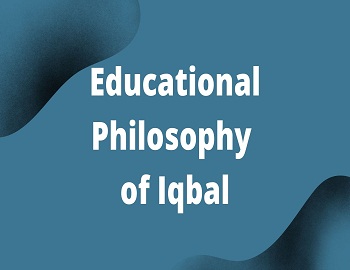
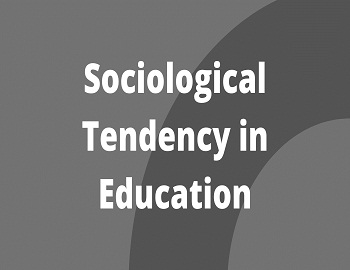
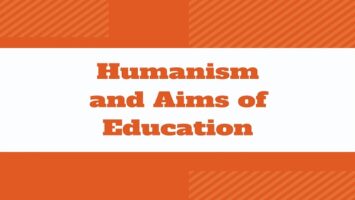
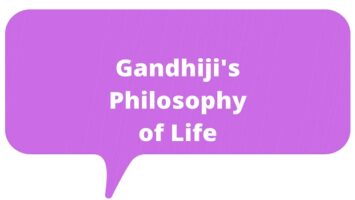
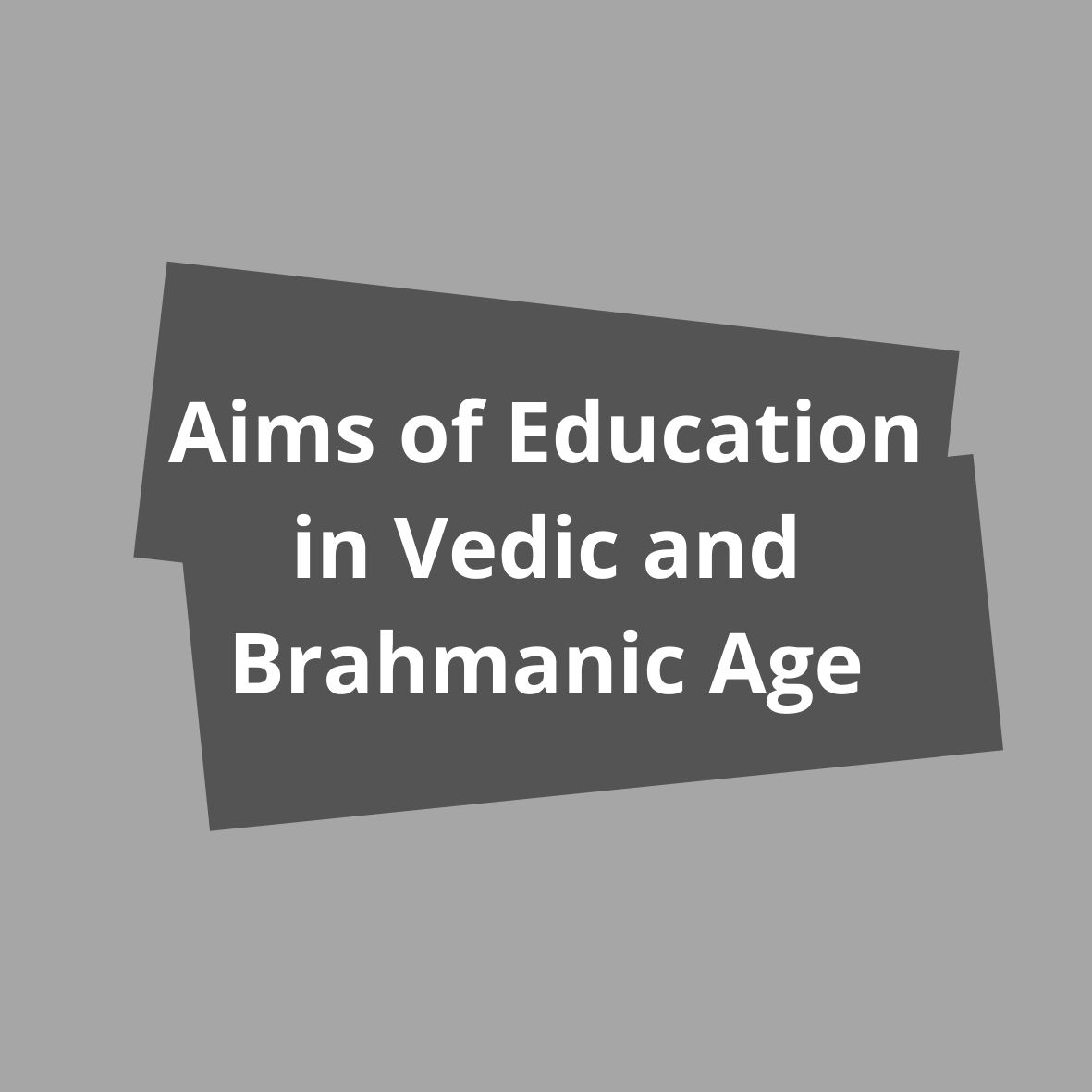
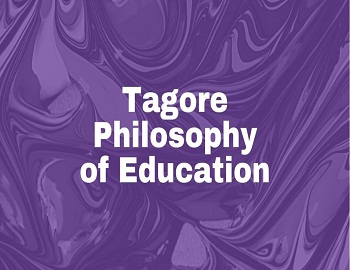
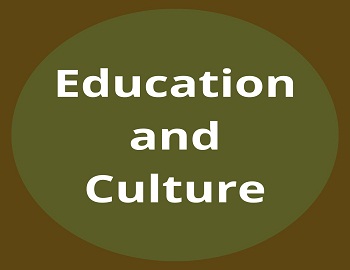
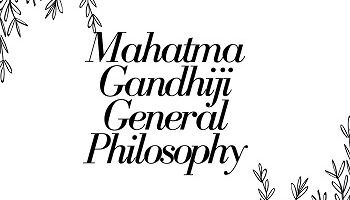
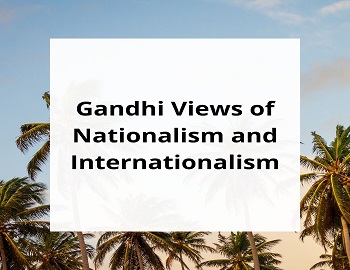
Comments (No)